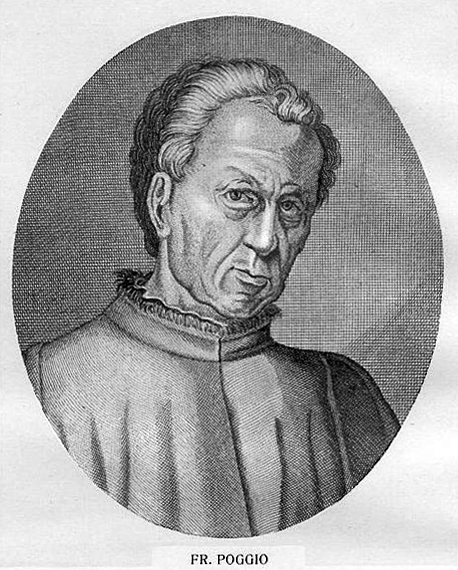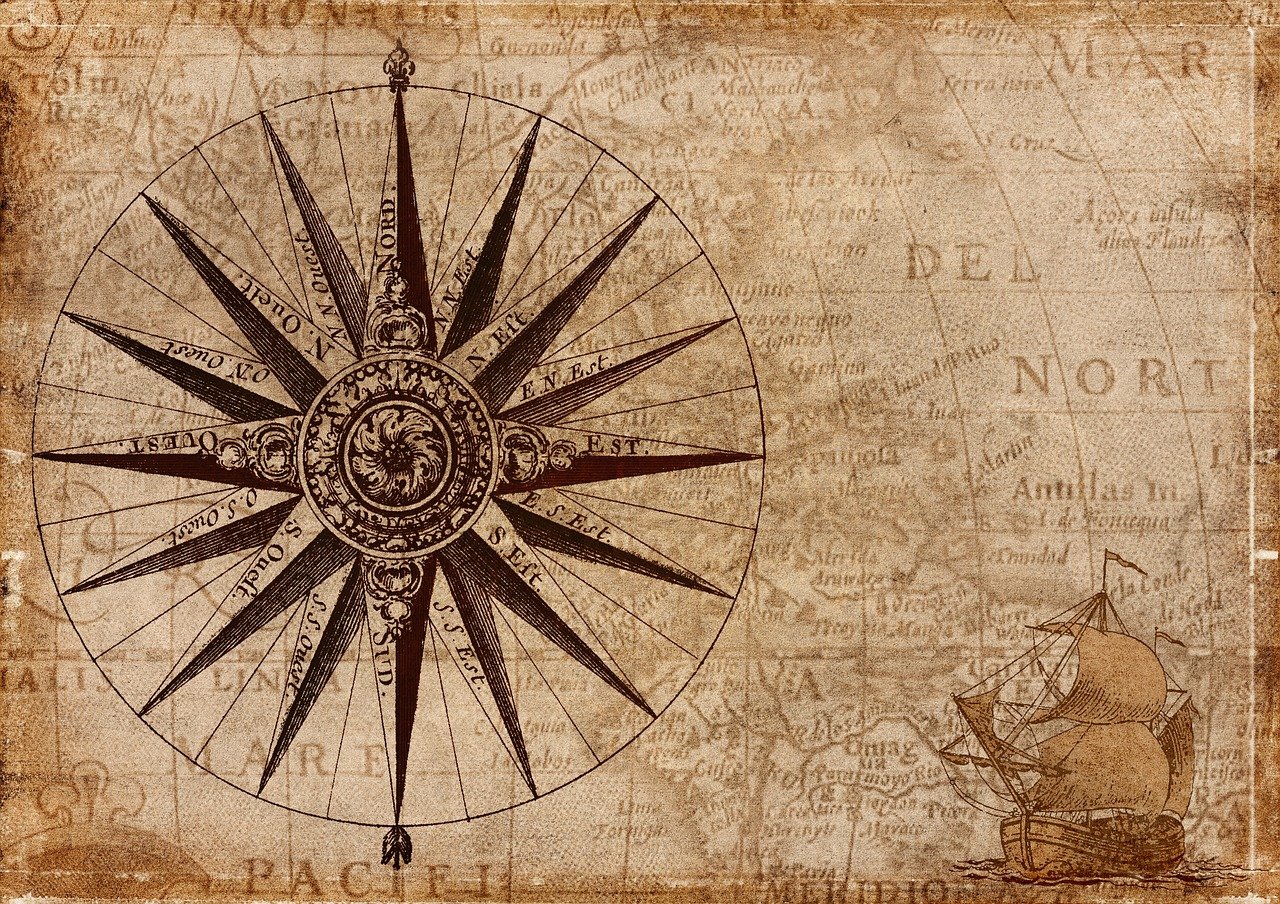Poggio Bracciolini (1380–1459)
Poggio Bracciolini (1380–1459) was one of the most influential figures of the early Renaissance, renowned as a humanist, scholar, and discoverer of classical manuscripts.
Table of Contents
Early Life and Education
Born in 1380 in Terranuova, Tuscany, Poggio received his early education in Latin grammar and literature, which sparked his lifelong passion for classical texts. He eventually moved to Florence, where he studied under prominent humanist scholars, including Giovanni Malpaghini. His education in Latin rhetoric and philology was pivotal, preparing him for his career as a scribe and intellectual.
By his early twenties, Poggio’s talents in the art of copying manuscripts and deciphering difficult texts brought him to the attention of the Roman Curia. In 1403, he began serving as a papal secretary, a position that offered him not only financial security but also access to a network of scholars and libraries across Europe.
The Manuscript Hunts
Poggio’s most enduring legacy lies in his role as a “book hunter.” During the early 15th century, many classical works had been lost or forgotten in the chaotic centuries following the fall of the Roman Empire. Poggio believed these works contained wisdom that could revive intellectual life in Europe.
His position in the Curia afforded him opportunities to travel widely across Europe, including to monasteries in Germany, France, and Switzerland, where ancient manuscripts often lay neglected.
One of Poggio’s most famous discoveries occurred in 1417 at the monastery of St. Gall in Switzerland.
There, he unearthed a manuscript of Lucretius’s De Rerum Natura (On the Nature of Things), a profound philosophical poem that introduced Renaissance thinkers to Epicurean ideas about the nature of the universe, human existence, and the rejection of superstition. This single find is often credited with transforming Renaissance philosophy and sparking debates that influenced later scientific inquiry.
Poggio also rediscovered works by Cicero, Quintilian, and Vitruvius, as well as numerous lesser-known authors. His meticulous transcription of these texts ensured their survival and dissemination. In many cases, his copies served as the only link to these ancient writings until the advent of printing.
Contributions to Humanism
Beyond his manuscript-hunting exploits, Poggio was a key figure in the humanist movement, which sought to revive classical learning and apply it to contemporary life. He authored a range of original works, including treatises on morality and history, dialogues, and satirical essays. His Facetiae, a collection of humorous and often bawdy anecdotes, showcases his wit and deep understanding of human nature.
Poggio was also a skilled Latin stylist, admired for his elegant and clear prose. His works reflect the Renaissance ideal of studia humanitatis—the study of grammar, rhetoric, history, poetry, and moral philosophy inspired by classical antiquity.
Later Life and Legacy
In 1453, Poggio retired from the Curia and returned to Florence, where he became Chancellor of the Republic, a prestigious role that demonstrated his prominence in civic as well as intellectual life.
During this period, he continued to write and promote humanist ideals until his death in 1459.
Poggio’s legacy is inseparable from the intellectual revival of the Renaissance. His relentless pursuit of ancient manuscripts preserved a wealth of knowledge that might otherwise have been lost forever. By bridging the worlds of antiquity and the Renaissance, Poggio Bracciolini not only enriched his own era but also set the stage for the modern world’s rediscovery of classical wisdom. His life exemplifies the Renaissance spirit: a passionate quest for knowledge, beauty, and the intellectual treasures of the past.
Image credit: Antonio Luciani (Italian printmaker; fl. 1700–1738), Public domain, via Wikimedia Commons
Weekly Popular
Newsletter
Subscribe to our newsletter to stay up-to-date on our latest news and announcements.







